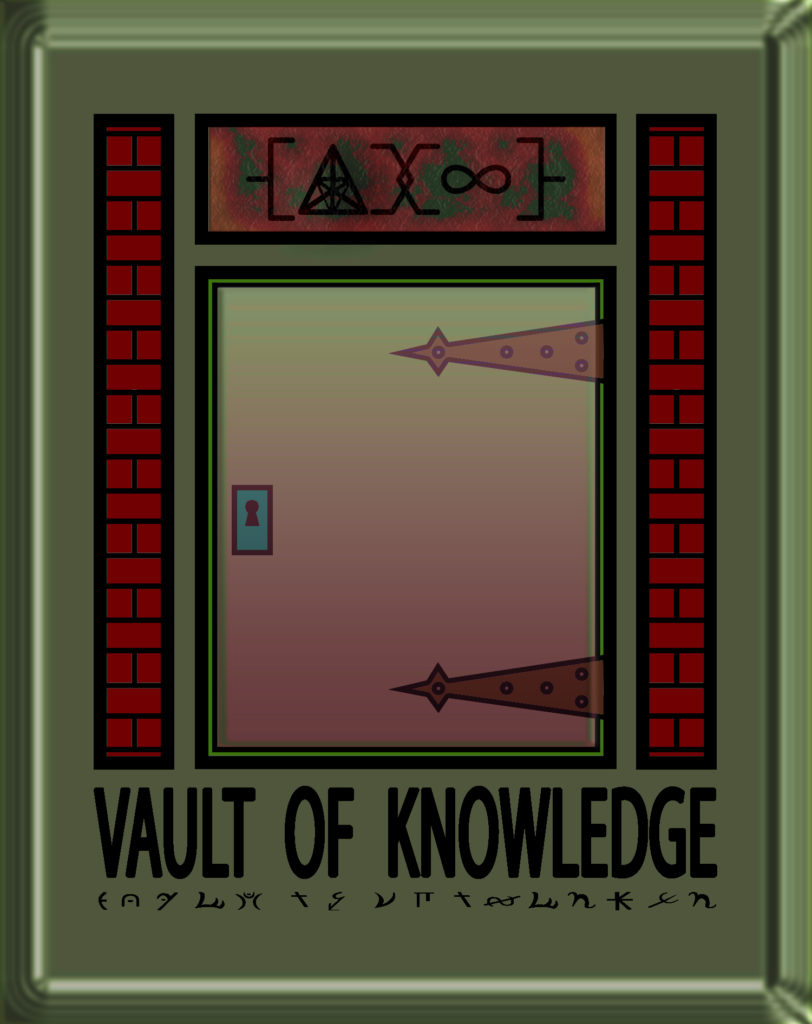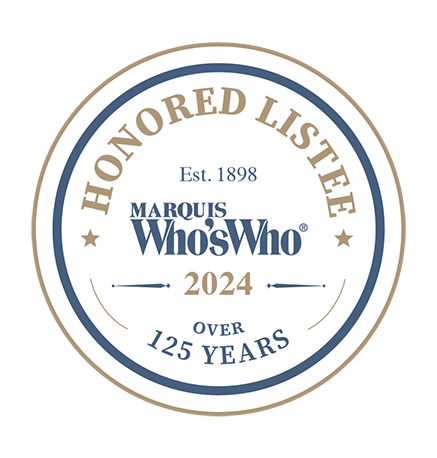Most genre stories are either Fantasy, with wizards and magic swords, or Science Fiction, with space ships and ray guns. Very rarely do you ever find something that combines both, and even then it’s usually done very badly. The old “I got my wand and he has his ray gun” approach. So, how is one to more skillfully combine these seemingly opposing genres? In my own novels, I like to mix and max genres a bit, and so have done quite a bit of Fantasy mixing with SF. So, in this short article, I will try and give what tips I can.
The first thing you must do is define “magic”. For myself, I just define it as another force in the universe, like electricity or nuclear power; a force that can be accessed by those trained to do so. Not unlike how a psychic uses his mental powers, only a wizard uses his mind to draw upon powers greater than himself, the way a transistor uses a small amount of voltage to control a far greater amount of voltage.
Okay, now that we have a definition, we can figure out how to work it into a SF universe. Science Fiction is an extrapolation of science that might or could be, of how science might some day be able to do what seems to be nearly impossible. Sounds like a pretty goo approximation of what a wizard does with his magic spells. Whatever rules you dream up for how magic works on your world, keep them consistent, just like you would for a science. If it takes a certain set of circumstances, words, or powders to conjure forth a ball of fire, then have the characters do it that way every time (unless you make a point of one character having found a better way, then explain why and how). If there is a law of Nature that says something like every spell must create an equal and opposite reaction someplace, or have a certain type of side effect, then remember to keep that in there as well. Do NOT go for the “well, it works because it’s magic, so there”; that isn’t any more satisfying than in SF when you have “temporal physics makes my head hurt” as the sole scientific explanation behind some self-contradictory time travel effect because you wrote yourself into a hole. Everything has a logic o its own, just remember to keep it internally consistent; even if the characters don’t know the reason or science behind the magic, you as the writer must have it detailed somewhere in your notes (and you WILL be keeping notes).
Now that we have laid a logical foundation for our magic, it should be easy enough to combine such elements of Fantasy into our SF. Mixing creatures from either genre is no different: how is fighting a dragon any different than aiming your blasters at the Giant Space Mongoose of Alpha 9? That leaves the Magic vs Science and the Clashing Cultures.
Guys come down in a space ship into what seems like a primitive society. Been done before many times in SF, now we just add in the fact that, while the locals know almost nothing about Physics and Electronics, it is the advanced invaders who are seen as the primitives by their complete lack of understanding of magic. You can get a lot of interesting interactions from this. Or the wizard who opens up a portal to drop him into the middle of a spaceport. Of course, if the spaceport is used to visitors from other worlds, no matter how they choose to arrive, then you have the landing strip where the ships land (be they powered by antimatter or magic pushing enchanted sails) and another area where personal portals can open up; landing beacon or portal beacon to home in on, the end is the same.
And who says that the forces of magic and science cannot interact? A spell designed to bend light would be quite effective against a laser. Or how effective would body armor be if someone could change it into pudding? Not to say that such consequences are automatic though; certain types of materials may have more inherent resistance to physical change- be it from a magic spell or transmutation ray-gun- than others. And that lightning bolt the wizard just conjured forth still has to hit the target, and if the target is protected by a deflection field, or covered in a special high tech suit that grounds the charge into a battery, then wizard and Tech would be equally matched.
But that still has Magic and Science in competition, we want to combine them, use them side by side. Imagine a world where the basic structures are like medieval castles, only the stonework is reinforced by rebar and high-tech materials, then protected with magical runes designed to strengthen the walls, protect them against explosions and magic spells. Or the special blaster gun: you can’t put a homing chip on a packet of energy the way you can a missile, but you can place a magic spell designed to aim it truer to its target, and its power pack could be supplied by magic so it won’t run out. Or that most prime of combinations, the Technomancer; part technician, part wizard, he blends elements of magic and science together, because after all isn’t Magic just another field of science.
Try to be artful when you blend the two, creative. Use your mind to think of the logical consequences of Magic and Science, either in opposition or together, for Logic is the one commonality you have to bridge Fantasy and Science Fiction. Use it with care.





 Users Today : 154
Users Today : 154 Total views : 4023826
Total views : 4023826 Who's Online : 7
Who's Online : 7

